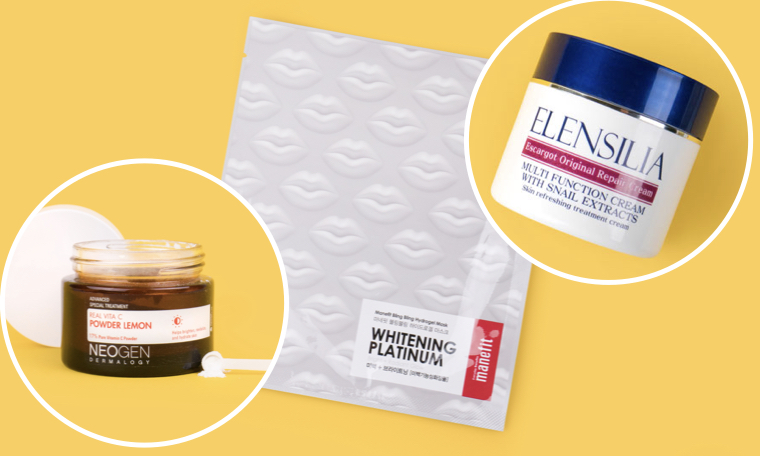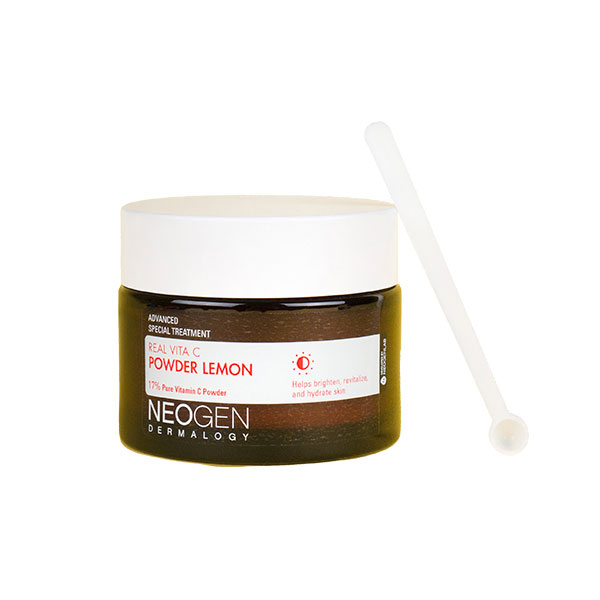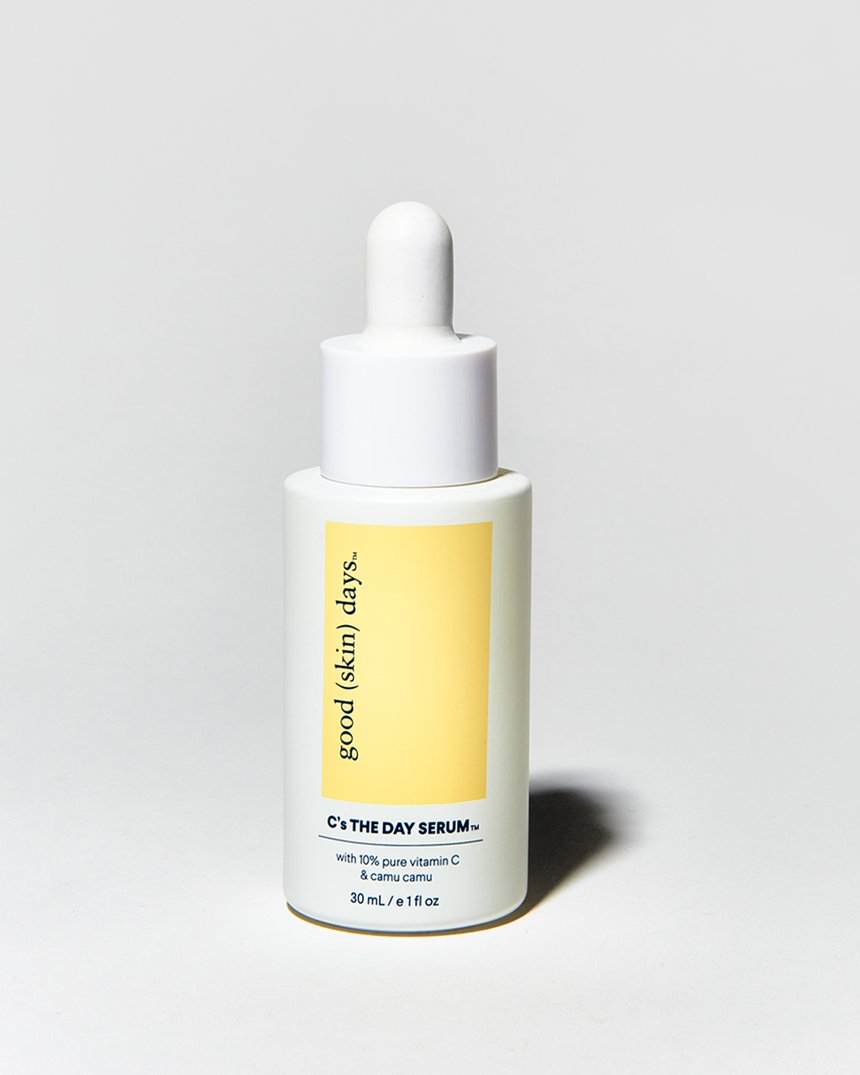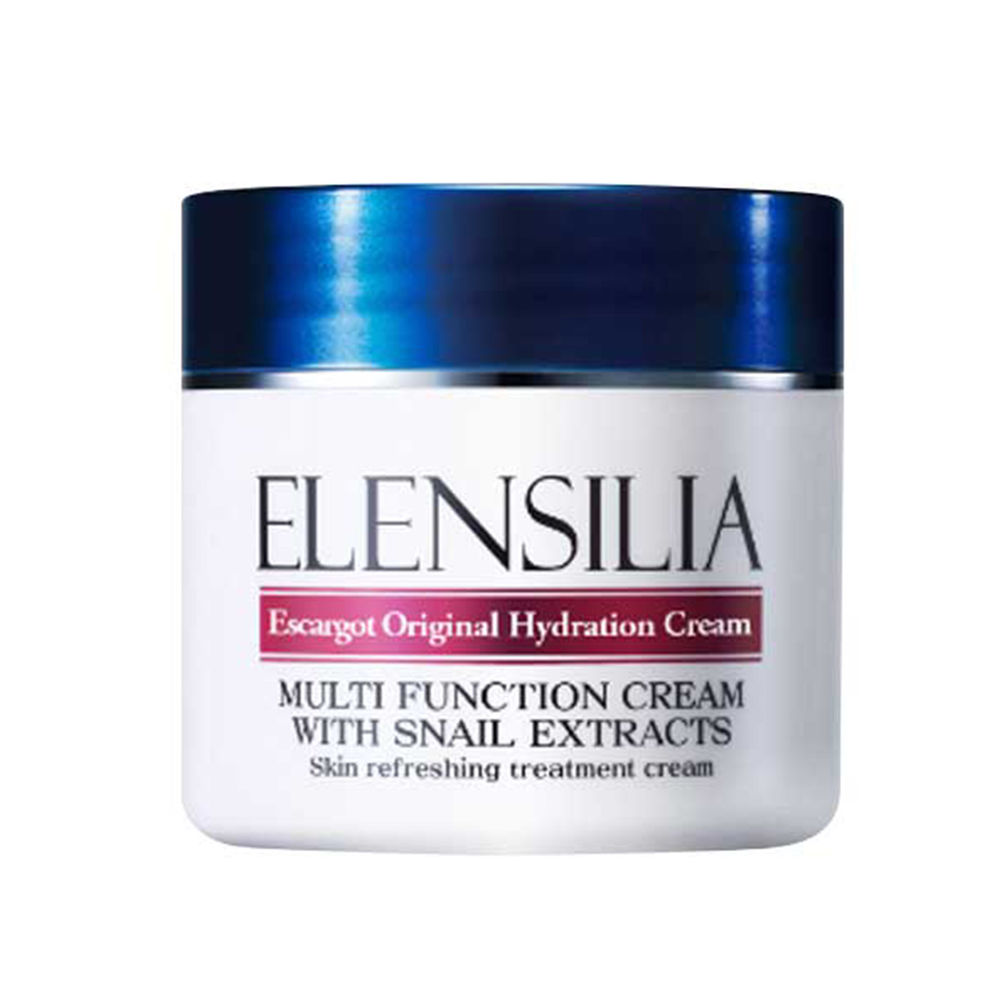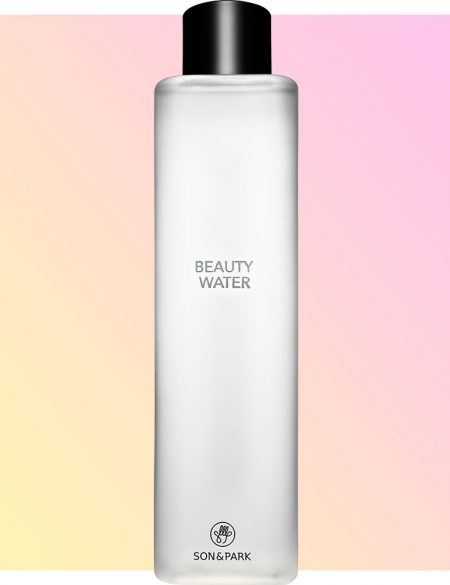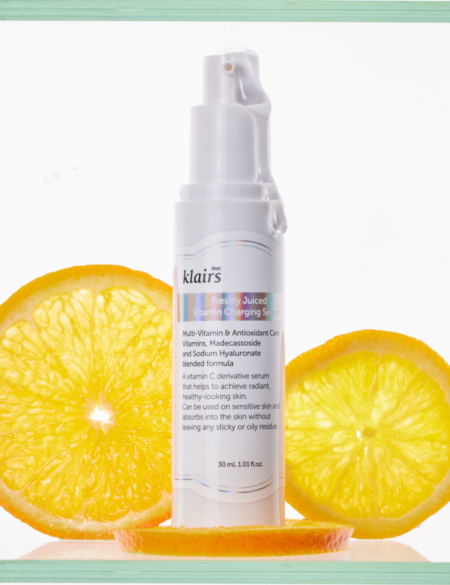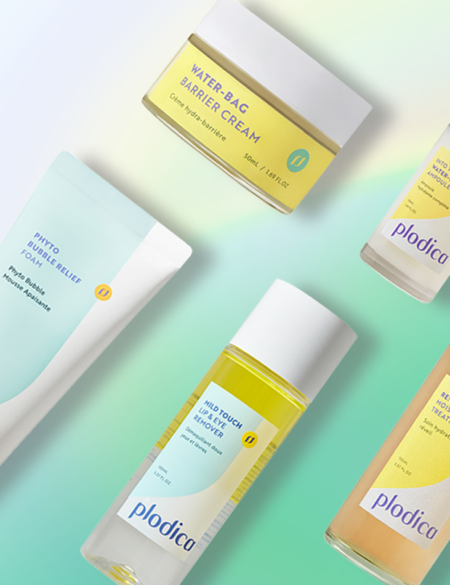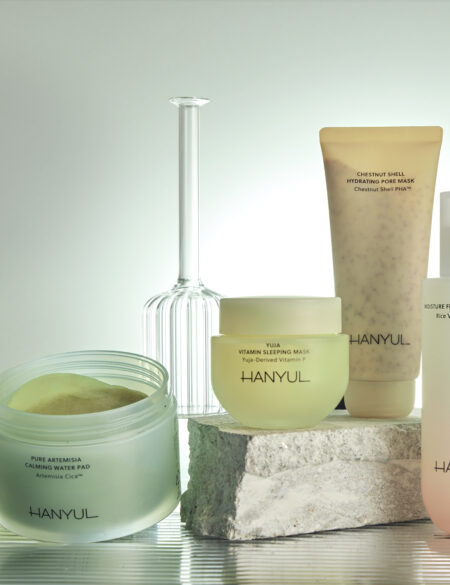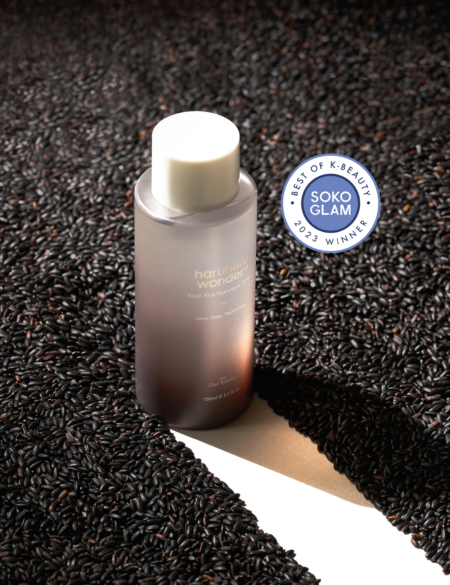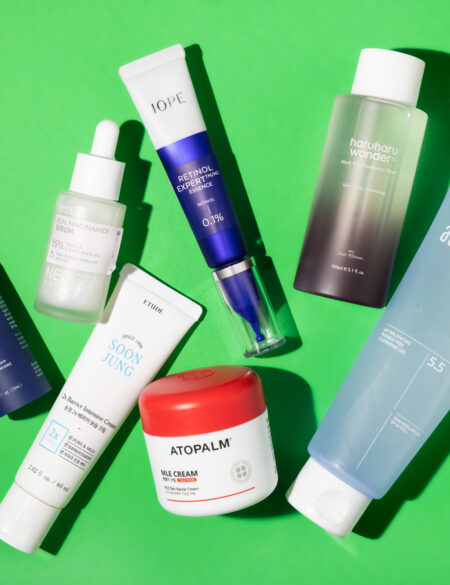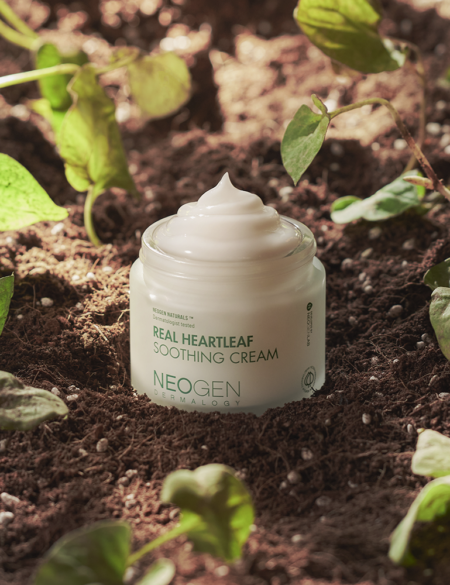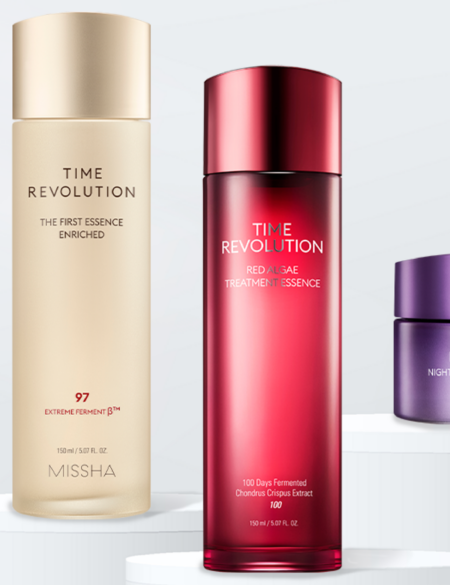Should you be using vitamin C or niacinamide to brighten your skin? How about arbutin or azelaic acid? Whether your top concern is acne scarring, a dull complexion, or melasma, discover the best brightening ingredient for you below.
Brighter skin is one of the most common skin goals out there. Chat with anyone about how they wish their skin looked, and the idea of a glowier, more radiant, and even complexion will always come up.
When it comes to achieving the luminous skin of your dreams, there are a handful of routes to take. Here, we’re breaking down some of the most common brightening ingredients to help you decide what fits best in your regimen.
Vitamin C: Best For General Brightening and Preventing Signs of Aging
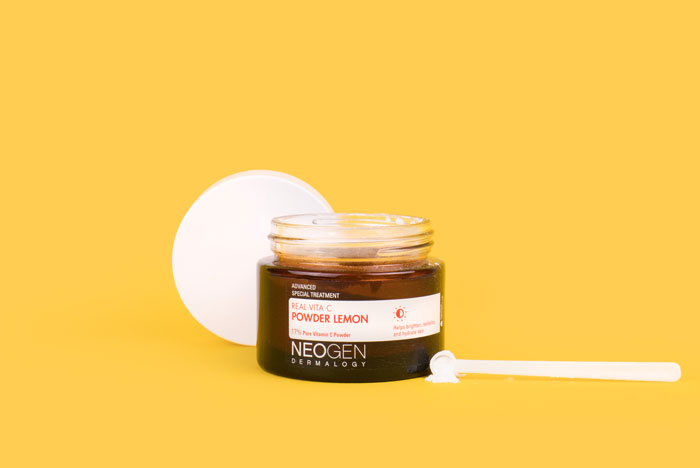
The most well-known brightening ingredient is vitamin C by a long shot. Hailed for its ability to help the skin heal itself, vitamin C truly does make an effective dark spot fighter.
Vitamin C doesn’t just stop at brightening, though. It’s chock-full of antioxidants to help fight free radical damage and it boosts collagen production, making it a superstar for age prevention.
Vitamin C comes in many forms, and some cause more irritation than others. If you’re more sensitive, scan for products that come as a powder versus a serum, or that contain vitamin C in the form of ascorbyl glucoside or ethylated L-ascorbic acid. If you’re used to Vitamin C already, feel free to explore a more direct form, such as L-ascorbic.
Whichever you choose, be sure to top it with sunscreen as the potent ingredient makes your skin more sensitive to the sun.
Try: Neogen Real Vita C Powder Lemon or Good (Skin) Days C’s The Day Serum
Niacinamide: Best For Treating Acne Scars
A form of Vitamin B3 and a personal favorite of mine, Niacinamide is not only great for brightening the skin, but for keeping it clear, too! Notably, most popular for regulating sebum production and reducing oiliness without drying out the skin, it’s a perfect ingredient to incorporate for those who are oily and acne-prone, but also looking to erase the scars of breakouts past.
When it comes to hyperpigmentation, niacinamide works by interrupting the transfer of pigment at a cellular level and effectively decreases the amount of melanin transferred to a concentrated area. Essentially, it decreases melanin production when you are exposed to sun, thus preventing current dark marks from worsening and new ones from forming.
Try: Klavuu WHITE Pearlsation Pearl Serum Mask
Alpha Arbutin: Best For Sensitive Skin and Mixing With Other Strong Ingredients
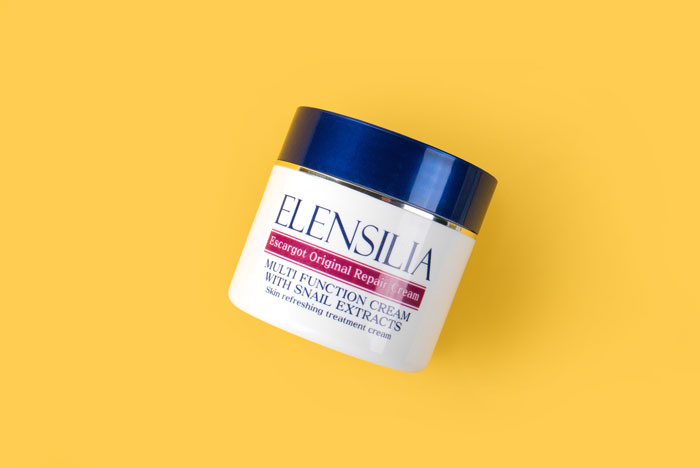
Alpha arbutin is a great ingredient to look for in your products when it comes to lightening dark spots. Not only does it work swiftly on its own, but unlike niacinamide and vitamin C, alpha arbutin can be combined with other potent products without any added irritation. In fact, it’s actually encouraged in order to see greater effects in a more timely manner. To top it off, alpha arbutin also demonstrates antioxidant properties, helping to slow down the aging process. It’s effectively a fantastic ingredient to help ease the primary aging concerns. Not only that, but alpha arbutin is safe to use both morning and night with little to no irritation.
Try: Elensilia Escargot Original Repair Cream
Azelaic Acid: Best For Boosting Cell Turnover and Treating Hyperpigmentation, Melasma, and Redness
Like niacinamide, azelaic acid is a fantastic multi-tasker for those looking for a more minimal routine. An AHA (alpha hydroxy acid – a chemical exfoliant), azelaic acid is derived of grains and wheat and works to gently exfoliate, in turn improving texture and overall clarity of the skin, not to mention its brightening benefits. Azelaic is effective in combatting hyperpigmentation and melasma as it reduces melanin production. It’s also anti-inflammatory, so it can help reduce redness caused by issues like rosacea or acne.
Because it is a direct form of acid, it’s recommended to use at night, so as to not further expose vulnerable skin to the sun for potential further damage.
Try: The Ordinary Azelaic Acid Suspension 10%
Bottom Line
If you’re looking to reduce the look of sun damage or acne marks, or just make your complexion look less dull, brightening ingredients are key, but there are so many to choose from. Take this information into consideration during your search for the perfect product to add into your regimen. May your skin be spot-free and glowy!


